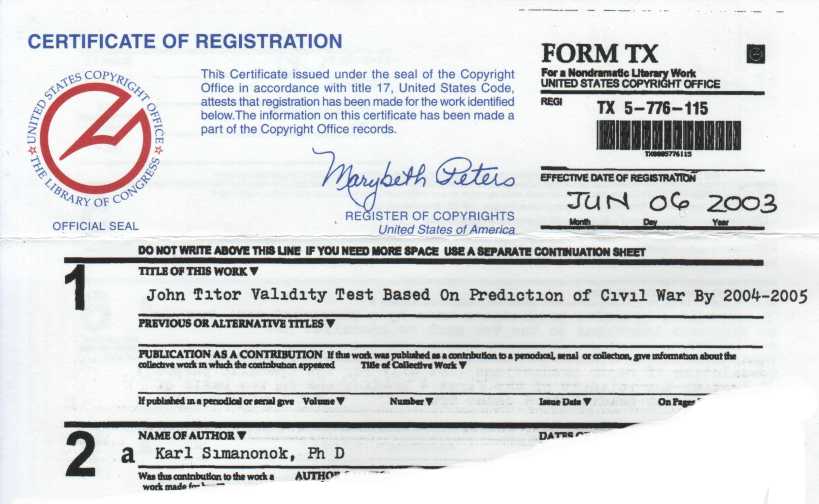Copyright registration requirements can get quirky, and if they aren’t handled properly can result in dismissal of a copyright infringement case (valid registration being a requirement before an infringement case can be filed). An invalid or defective registration can deep-six a copyright plaintiff’s suit on a technicality.
The Fourth Circuit addressed a number of issues associated with copyright registration in Metropolitan Regional Information Systems, Inc. v. American Home Realty Network, Inc. (July 17, 2013), one of which is whether the requirement that assignment of a copyright be in writing (17 U.S.C. § 204) may be satisfied by an electronic signature under E-Sign, 15 U.S.C. § 7001.
In what appears to be the first appellate decision on the question of whether E-Sign applies to the copyright statute’s signed writing requirement, the Fourth Circuit held that it does, and that the e-signature at issue in this case (a click-wrap agreement), was a valid assignment:
The issue we must yet resolve is whether a subscriber, who “clicks yes” in response to MRIS’s electronic TOU prior to uploading copyrighted photographs, has signed a written transfer of the exclusive rights of copyright ownership in those photographs consistent with Section 204(a) [of the Copyright Act]. Although the Copyright Act itself does not contain a definition of a writing or a signature, much less address our specific inquiry, Congress has provided clear guidance on this point elsewhere, in the E-Sign Act.
The E-Sign Act, aiming to bring uniformity to patchwork state legislation governing electronic signatures and records, mandates that no signature be denied legal effect simply because it is in electronic form. … Additionally, “a contract relating to such transaction may not be denied legal effect, validity, or enforceability solely because an electronic signature or electronic record was used in its formation.” The E-Sign Act in turn defines “electronic signature” as “an electronic sound, symbol, or process, attached to or logically associated with a contract or other record and executed or adopted by a person with the intent to sign the record.”
Although the E-Sign Act states several explicit limitations, none apply here. The Act provides that it “does not . . . limit, alter, or otherwise affect any requirement imposed by a statute, regulation, or rule of law . . . other than a requirement that contracts or other records be written, signed, or in nonelectric form[.]” … Because Section 204(a) requires transfers be “written” and “signed,” a plain reading of Section 7001(b) indicates that Congress intended the provisions of the E-Sign Act to “limit, alter, or otherwise affect” Section 204(a).
While the court’s ruling on E-Sign is significant (if for no other reason than that it is the first clear appellate ruling on this issue since the federal law was enacted in 2000), this case is important in other respects as well. The court held that websites (in this case an MLS service) can acquire exclusive copyright ownership from users using clickthrough agreements, and addressed the registration requirement for collective works.
Metropolitan Regional Information Systems, Inc. v. American Home Realty Network, Inc. (July 17, 2013)
